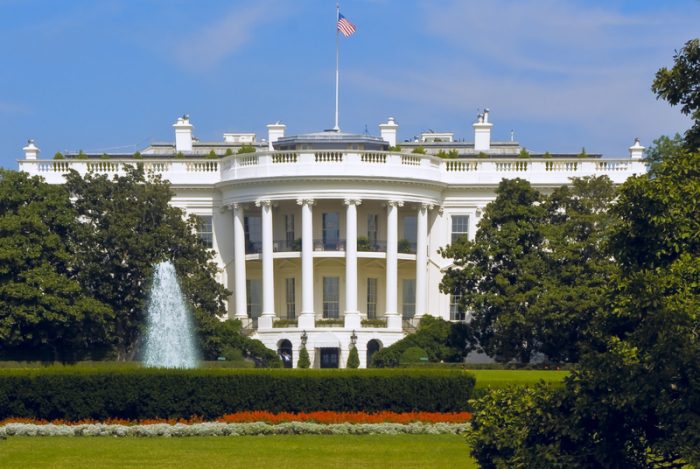
Trump slashes solar tax credits in ‘OBBBA’, hints at more actions
TL/DR –
The Trump administration has signed the One Big Beautiful Bill Act (OBBBA) into law, which ends the residential solar tax credit by the end of 2025 and potentially threatens solar developers further. The law also includes complex restrictions on projects receiving “material assistance” from certain foreign entities after 2025. Reports suggest the bill puts $132 billion in investments and 120,000 new jobs at risk, and has already led to the cancellation or closure of $15.5 billion worth of investments in new large-scale factories and projects due to uncertainty around the tax policies.
Trump Administration Ends Solar Incentives, Threatens Future Projects

The Trump Administration and Congressional Republicans have successfully ended renewable energy incentives via the One Big Beautiful Bill Act (OBBBA). This legislation, signed into law on July 4, 2025, removes the residential solar tax credit by the end of the year. This move, along with potential implications of FEOC language, could present significant obstacles for solar developers and U.S. manufacturers. More details are available in this Politico report.
Response from the House Conservatives
President Trump has assured that his administration will take action to restrict wind and solar projects that qualify for the Inflation Reduction Act tax credits. This commitment ultimately persuaded hard-line House conservatives to back the party’s megabill. Representatives Chip Roy (R-Texas) and Ralph Norman (R-S.C.) echoed that they expect significant changes to be made, particularly around permit issuances for companies applying for solar credits.
Impact of the Big Bill on Solar Tax Credits
Several changes to federal investment tax credits (ITC) under the new law may negatively impact the solar industry. These changes include the termination of the tax credit for residential solar (25D) by Dec. 31, 2025, complexities around the Material Assistance Cost Ratio, and restrictions on credits for projects with “material assistance” from a Foreign Entity of Concern (FEOC) aka China. More detailed summaries can be found in this post from Frost Bown Todd and this summary from Novogradac.
Considering Third-Party Ownership (TPO) Financing?
If the termination of the 25D tax credit raises concerns, solar installers might want to explore TPO solar programs. Joshua Tinaglia, Finance Program Manager at BayWa r.e., offers a crash course in TPO. He discusses the potential benefits of offering TPO for solar installers in this video and podcast.
Risk to Investments
The new bill potentially puts at risk $132 billion in investments and 120,000 new jobs across 42 states, according to E2 analysis. It also threatens the solar, wind, and battery sectors which account for over 90% of all new power on the grid. The resulting increased utility costs will affect businesses and families alike.
Reactions from the Solar Industry
Industry leaders have voiced concerns about the bill. ACORE President Ray Long criticized its lack of urgency in matching China’s aggressive clean energy investments. David Widawsky from WRI US warned that the bill will undercut the Administration’s stated goal of ‘unleashing American energy’. EnergySage Director Emily Walker added that the bill “will kill thousands of jobs, crush small businesses, and make home energy more expensive”.
—
Read More US Economic News
